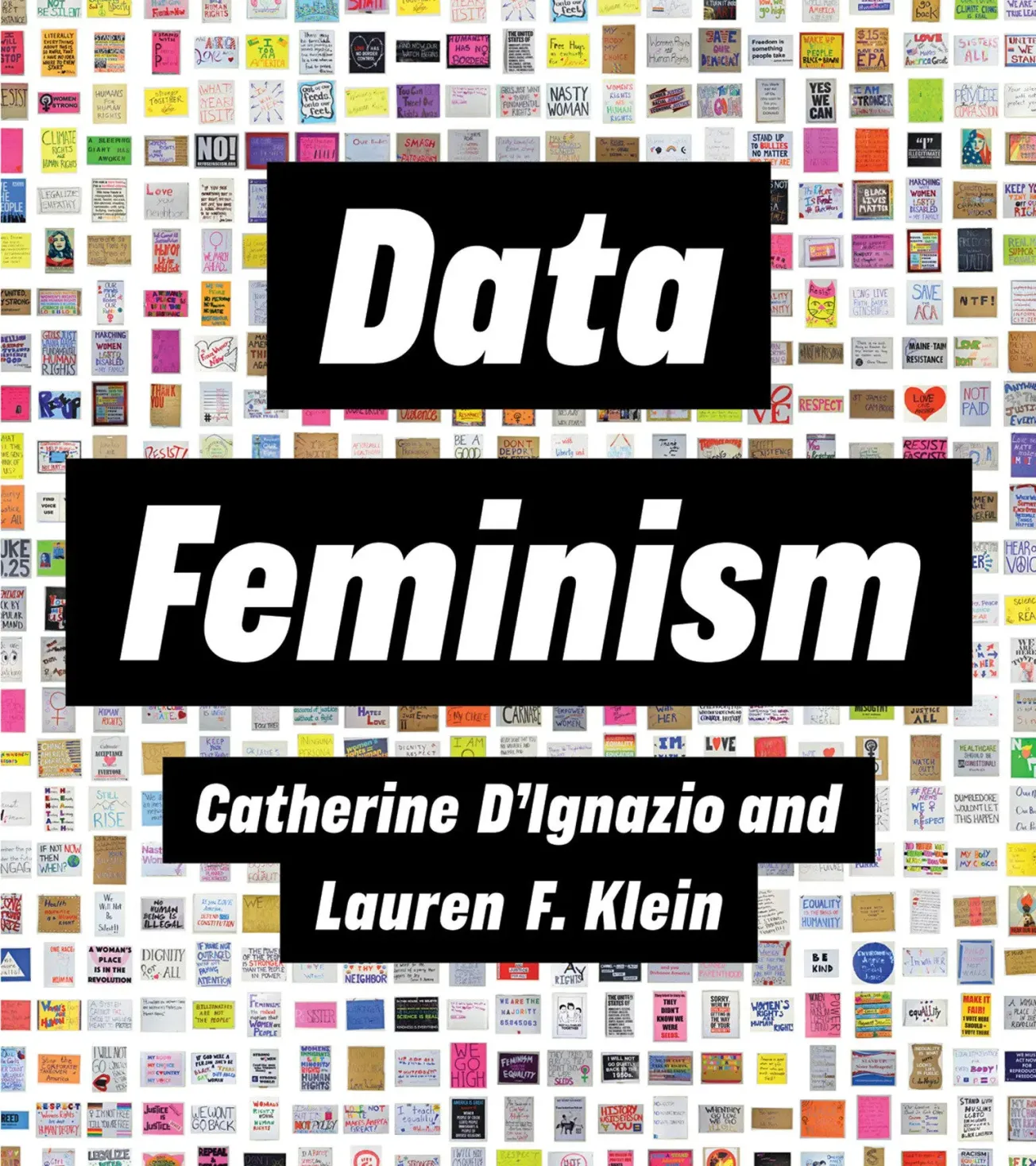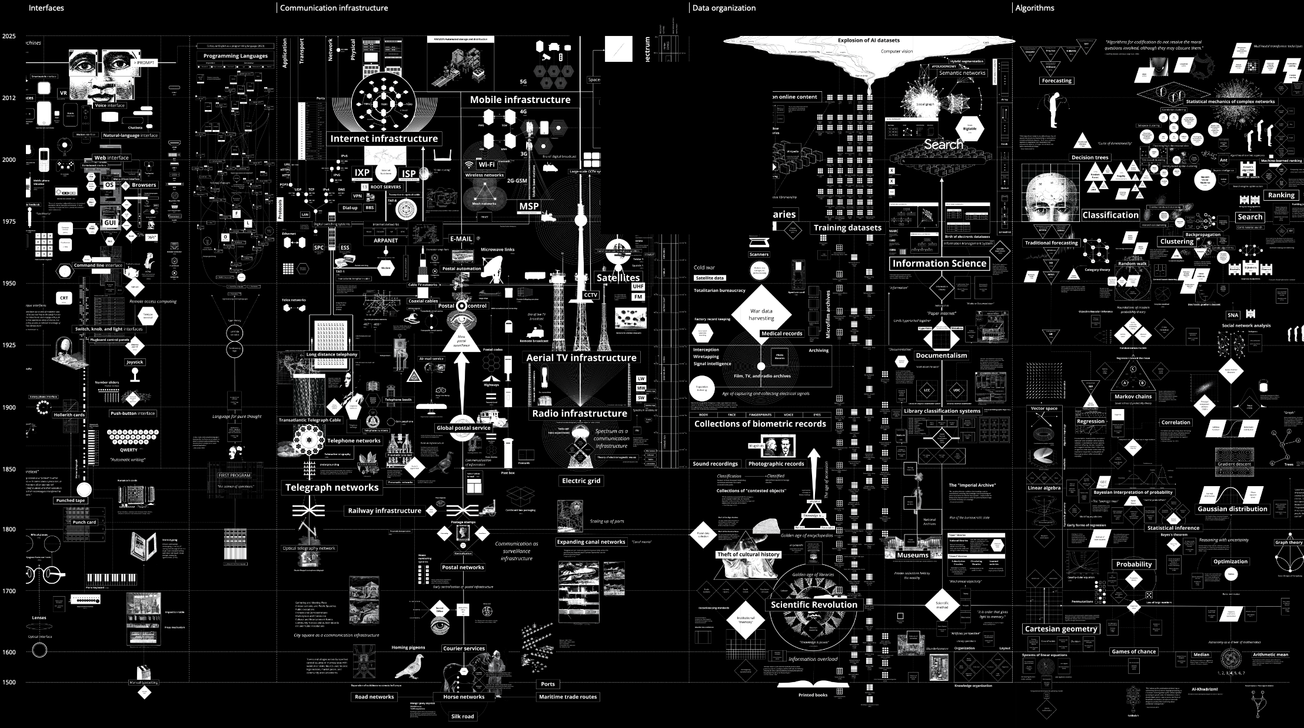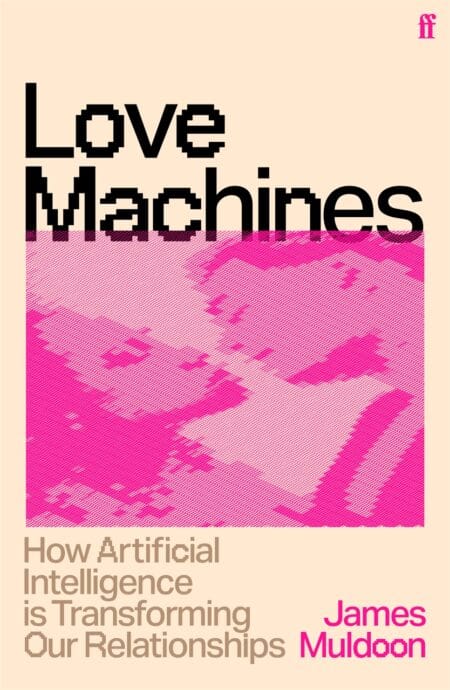Today, data science is a form of power. It has been used to expose injustice, improve health outcomes, and topple governments. But it has also been used to discriminate, police, and surveil. This potential for good, on the one hand, and harm, on the other, makes it essential to ask: Data science by whom? Data science for whom? Data science with whose interests in mind? The narratives around big data and data science are overwhelmingly white, male, and techno-heroic. In Data Feminism, Catherine D’Ignazio and Lauren Klein present a new way of thinking about data science and data ethics—one that is informed by intersectional feminist thought.
Illustrating data feminism in action, D’Ignazio and Klein show how challenges to the male/female binary can help challenge other hierarchical (and empirically wrong) classification systems. They explain how, for example, an understanding of emotion can expand our ideas about effective data visualization, and how the concept of invisible labor can expose the significant human efforts required by our automated systems. And they show why the data never, ever “speak for themselves.”
Data Feminism offers strategies for data scientists seeking to learn how feminism can help them work toward justice, and for feminists who want to focus their efforts on the growing field of data science. But Data Feminism is about much more than gender. It is about power, about who has it and who doesn’t, and about how those differentials of power can be challenged and changed.
Catherine D’Ignazio is Assistant Professor of Urban Science and Planning at MIT and coauthor of Data Feminism (MIT Press).
Lauren F. Klein is Associate Professor of English and Quantitative Theory and Methods at Emory University.
Data Feminism is a powerful call to action for everyone who cares about how technology reflects and reproduces social hierarchies and injustices. Brilliantly argued, engagingly written, and collaboratively crafted, this groundbreaking work enacts a feminist politics of knowledge production that will serve as a guide for generations to come.– RUHA BENJAMIN, PRINCETON UNIVERSITY; AUTHOR OF RACE AFTER TECHNOLOGY





